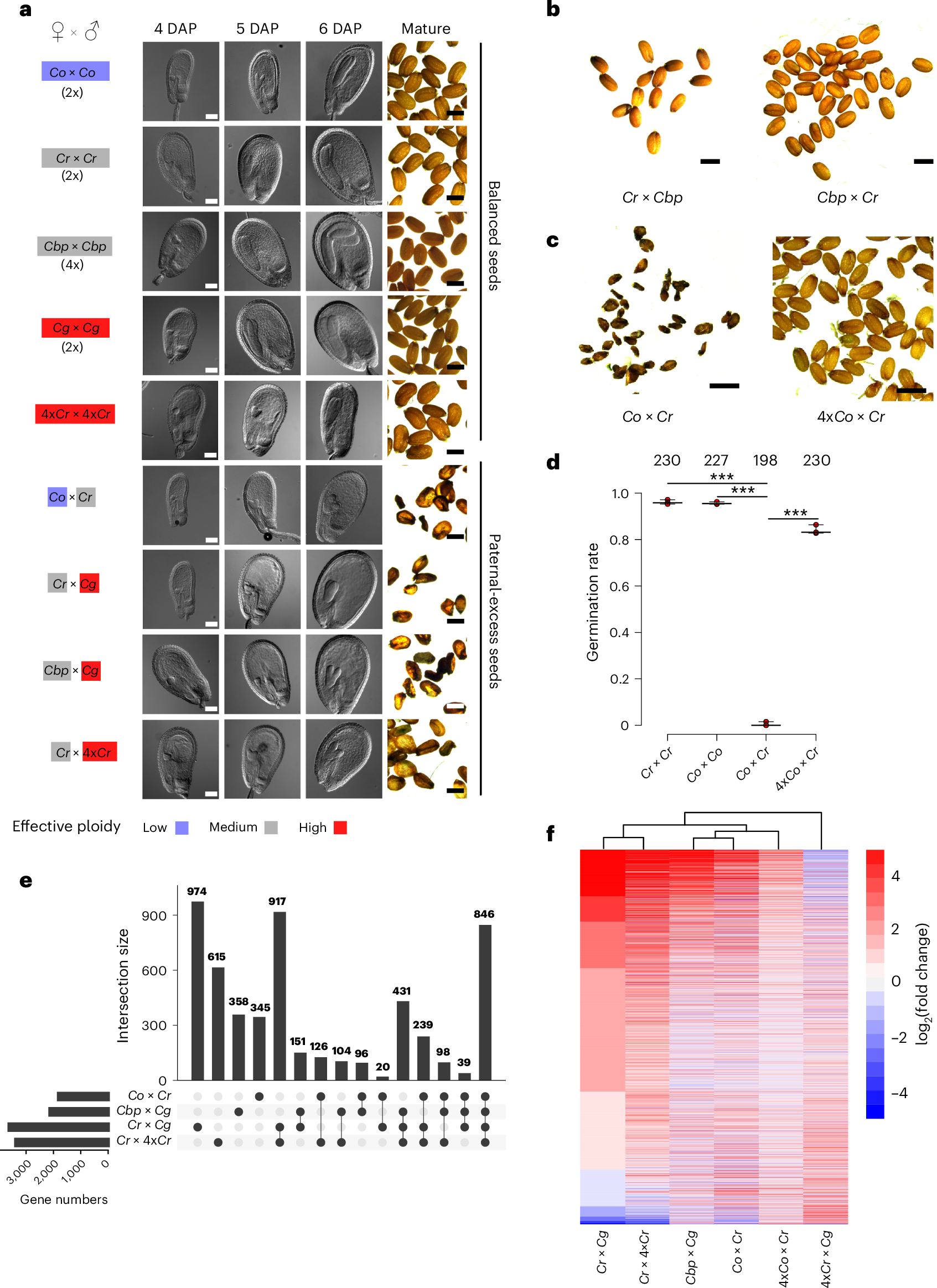2024-11-11 ペンシルベニア州立大学(PennState)
<関連情報>
- https://www.psu.edu/news/health-and-human-development/story/cognitive-decline-and-loneliness-linked-older-adults-over-short
- https://academic.oup.com/psychsocgerontology/article-abstract/79/10/gbae134/7727901?redirectedFrom=fulltext#google_vignette
高齢者の日常生活における孤独感と認知能力の短期的な相関関係 Short-Term Coupling Associations Between State Loneliness and Cognitive Performance in Daily Life Among Older Adults
Jee eun Kang, PhD, Jennifer E Graham-Engeland, PhD, Lynn M Martire, PhD, David M Almeida, PhD, Martin J Sliwinski, PhD
The Journals of Gerontology: Series B Published:03 August 2024
DOI:https://doi.org/10.1093/geronb/gbae134
Abstract
Objectives
Despite extensive efforts to study individual differences in loneliness and neurocognitive health, little is known about how within-person changes in state loneliness relate to cognitive performance. This study addressed this gap by examining the association between within-person variation in state loneliness and cognitive performance assessed objectively in daily life.
Methods
Participants were 313 community-dwelling older adults (70–90 years) who reported momentary feelings of loneliness and completed smartphone-based cognitive tests 5 times daily for 14 consecutive days. Mobile cognitive tests assess visual associative memory, processing speed, and spatial memory.
Results
At the day level, average state loneliness levels were negatively related to cognitive performance on the same day and subsequent day. Consistent with the day-level analysis, momentary assessments of increased loneliness were consistently linked to worse cognitive performance on concurrent assessments. However, moments characterized by lower cognitive performance predicted higher levels of loneliness 3–4 hr later (next occasion), but not vice versa.
Discussion
The findings suggest a prospective association between loneliness and cognitive performance, with higher daily loneliness negatively associated with cognitive performance on the same day and predicting worse performance the following day. Notably, within a single day, lower cognitive performance at a given moment predicted elevated loneliness later in the day. This highlights a complex, reciprocal relationship—loneliness predicting and being predicted by cognitive performance depending on timescale.



